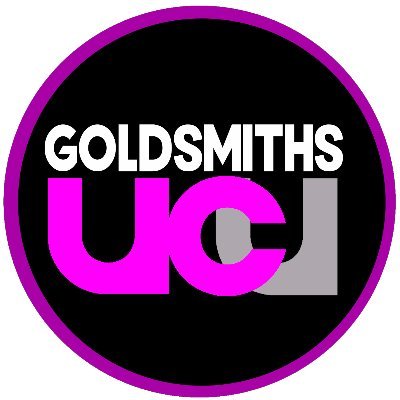GUCU 20.06.2022
Since the beginning of April, Goldsmiths UCU has been engaged in a marking and assessment boycott following the targeting of 20 members of staff for redundancy: 9 academic staff and 11 professional services staff. GUCU members are participating in this form of action short of a strike (ASOS) in order to resist the restructuring and centralisation of departmental administration, as well as calling for the 20 redundancies to be rescinded.
In response, Goldsmiths Senior Management Team (SMT) are planning to invoke Exceptional Academic Regulations (EARs) to mitigate the effects of the marking and assessment boycott. Goldsmiths UCU want to make the implications of these regulations clear to students, at this crucial moment in our action.
Using alternative/external markers
The mitigation most often suggested in the new regulations is for Heads of Department to identify alternative markers, from outside of Goldsmiths if necessary. If this takes place, it will mean that it may not be your supervisor or the module convenor who grades your work. Instead, it may be a member of staff with no expertise or specialist knowledge in the area of your assessment, and as has happened at Queen Mary recently, you may be given only a grade with little to no written feedback (see here and here for examples of external marking).
In cases where marking is given to another member of staff, there are deeply concerning equalities implications that arise, as this would amount to an erasure of staff perspectives and expertise in relation to understanding and assessing student work. GUCU members are totally opposed to any form of alternative or external marking, which would also amount to a serious breach of industrial relations legislation.
Awarding provisional grades without dissertations/final major projects
Where other markers cannot be found, the college intends to invoke a series of new regulations that would remove academic oversight, and use incomplete sets of marks to progress and graduate students on a formal but provisional basis. For example, SMT intends to award provisional degree classifications where as little as 50% of final year module marks exist. Within a module, a provisional grade will be given on the basis of the assessments that have so far been marked, so long as they amount to at least 50% of the module’s weighted assessments.
In these instances, students will receive a grade that does not reflect all of the work they have submitted, which will likely include submissions on higher credit bearing modules, undertaken during an unprecedented set of circumstances. GUCU members do not want to see students awarded a grade where these submissions are not included, as this would not reflect students’ work during the summer term.
Removing moderation and external oversight
Usually, assessed work is marked by two members of staff (a first and second marker), or if not, the marks awarded by the first marker would need to be moderated before the marks can be approved. In addition, normal academic regulations require the involvement of external examiners at a departmental level, in order to provide external oversight of each department’s marking and assessment processes. In solidarity with GUCU, many external examiners have resigned from their positions at Goldsmiths.
In response, SMT are planning to bypass this level of oversight at departmental level and engage external examiners at an exam board meeting for each School. As each of the three schools include five to seven departments, this means that the external examiner ratifying the use of the exceptional academic regulations will not need to have any subject-specific expertise. In the new regulations, unmoderated marks (without any second marking, or any input from an external examiner) can be awarded on a provisional basis.
Jeopardising Goldsmiths’ registration with the Office for Students
These new regulations will jeopardise the quality of Goldsmiths’ academic standards, of students’ education and, potentially, the value of a degree from Goldsmiths. Rather than pull back from a disastrous restructure involving unnecessary and unjustified redundancies, SMT are placing Goldsmiths at significant risk by invoking new regulations that may contravene the conditions of registration with the Office For Students, in particular OfS points B4 and B5 (please see below for more information).
Therefore, GUCU are encouraging students who are similarly concerned about the implications of SMT’s actions to raise a notification with the Office for Students, as well as writing to Goldsmiths’ Warden Frances Corner and Chair of Goldsmiths’ Council Dinah Caine.
Template email to the Office for Students
Template email to Dinah Caine, Chair of Council
Office for Students’ Conditions of Registration
Condition B4
Summary: The provider must ensure that:
- students are assessed effectively;
- each assessment is valid and reliable;
- academic regulations are designed to ensure that relevant awards are credible;
- academic regulations are designed to ensure effective assessment of technical proficiency in the English language in a manner that appropriately reflects the level and content of the course; and
- relevant awards granted to students are credible at the point of being granted and when compared to those granted previously.
Condition B5
Summary: The provider must ensure that, in respect of any relevant awards granted to students who complete a higher education course provided by, or on behalf of, the provider (whether or not the provider is the awarding body):
- any standards set appropriately reflect any applicable sector-recognised standards; and
- awards are only granted to students whose knowledge and skills appropriately reflect any applicable sector-recognised standards.
More information on both conditions can be found here.
